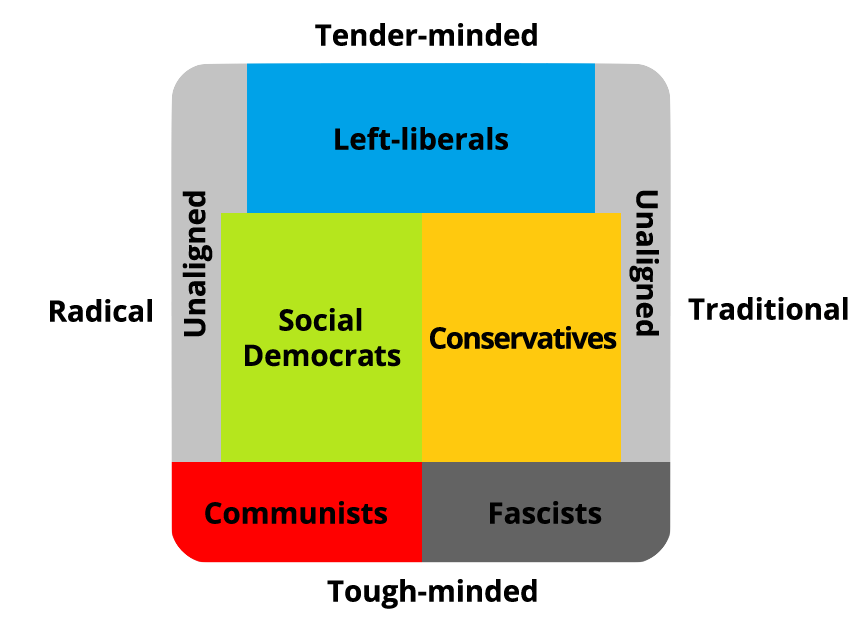Tennessee Jed
Active member
- Joined
- Jul 24, 2014
- Messages
- 578
- MBTI Type
- INFP
The Opposite of Socialism is...
Just off the top of my head…
The historical opposite of socialism is definitely capitalism. Here is a history lesson on the opposition of socialism vs. capitalism.
Historically, modern capitalism arose in the 1760s or so with the start of the Industrial Revolution. (Prior to that was Mercantilism.) Meantime modern socialism arose in the 1820s or 1830s as a reaction to the abuses of modern capitalism. "The Communist Manifesto" was written in 1848, and it addressed the abuses of post-Industrial Revolution capitalism.
The trouble with socialism in the late 1800s and early 1900s was that it didn't actually address how to run a socialist economy. So early socialist/communist economies resulted in state bureaucrats running every facet of the economy and punishing everyone who didn't obey all the rules, resulting in police states.
To resolve that problem, modern social democracies call a truce in the war between capitalism and socialism and allow both to coexist. The result is a "mixed economy." Wikipedia defines social democracy as "a predominantly developed capitalist market economy and liberal democratic polity that expands state intervention to include income redistribution, regulation and a welfare state.
So capitalism and socialism are the original true "opposites." But it's pretty much agreed these days that a modern state needs a mix of both: A degree of capitalism to allow people freedom to choose their own path, but also taxes and social transfers by the government and a welfare state to help the vulnerable and underprivileged.
***************************
As for all the rest of the terms, I suppose you could define them and then maybe set up other types of "opposites." For example:
1) The social psychologist Haidt suggests that Liberalism vs Conservatism represents the "opposite" social values of freedom vs security.
2) Collectivism vs Individualism could be seen as kind of a social mindset "opposition": The social networker vs the independent loner.
3) Populism vs Libertarianism: These are vague terms that mean little more than "for the people" vs. "for the individual." So they are kind of another way of saying "collectivism vs. individualism." (Before Ayn Rand, Libertarianism was associated with anarchism, in other words, personal freedom to the point of having no rules whatsoever.)
***********************
Then you get terms like fascism and authoritarianism. Both represent breakdowns of the "rule of law," and both can arise in any environment.
--Fascism has been around since Rome and Plato; nowadays it represents a breakdown of the "rule of law" that equates to Nationalism: an embrace of racial or class elitism as a unifying theme, usually to dispossess a minority for the benefit of the majority.
--Authoritarianism is a breakdown of the "rule of law" that cites reasons of political expediency (national emergency, for example) as a unifying theme.
In old times, there was no "rule of law," so all kinds of abusive political systems could arise and be considered semi-legitimate. But once a modern consensus arises on what constitutes "rule of law," governments that don't observe "rule of law" increasingly get labelled fascist or authoritarian or whatever.
Again, both fascism and authoritarianism can arise in any environment (socialist or capitalist or whatever). So they don't really have opposites. They just equate to two different varieties of breakdown of the modern concept of the "rule of law."
Again, this is all just off the top of my head...


